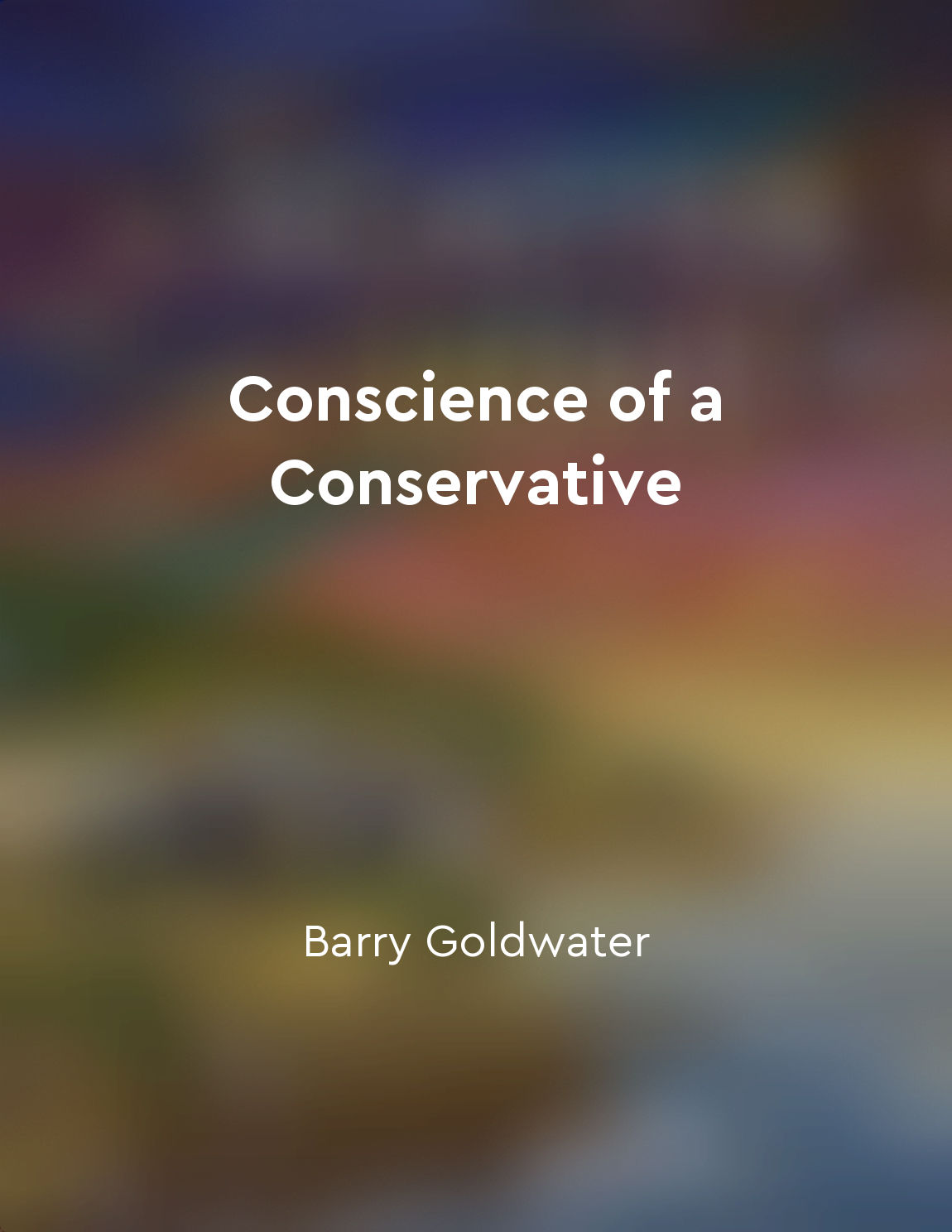Need for societal control over economy from "summary" of The Great Transformation by Karl Polanyi
The idea that societal control is necessary over the economy stems from the recognition of the potentially devastating consequences of allowing economic forces to operate without restraint. In a laissez-faire economy, where markets are left to self-regulate without interference, individuals are at the mercy of market forces that prioritize profit over human well-being. This unrestricted pursuit of profit can lead to exploitation, inequality, and social instability. Societal control over the economy is essential to ensure that economic activities serve the common good and do not result in harm to individuals or communities. Without proper regulation and oversight, economic actors may prioritize short-term gains at the expense of long-term sustainability, leading to environmental degradation and social dislocation. By exerting control over the economy, society can establish rules and norms that guide economic behavior towards more equitable and sustainable outcomes. Furthermore, societal control over the economy is necessary to protect vulnerable populations from exploitation and marginalization. In a purely market-driven economy, those who are unable to compete effectively in the market may be left behind, leading to widening income disparities and social unrest. By implementing policies that regulate economic activities and provide support to those in need, society can ensure a more equitable distribution of resources and opportunities.- The need for societal control over the economy arises from the recognition that economic activities have far-reaching social implications that must be taken into account. By establishing mechanisms to regulate and shape economic behavior, society can steer economic activities towards outcomes that promote the well-being of all members of the community. The alternative – a laissez-faire approach that allows markets to operate without interference – risks undermining social cohesion and stability, ultimately jeopardizing the very foundations of a functioning society.
Similar Posts
We must resist oppression
Oppression is not a rare or occasional phenomenon. It is not an aberration. It is not an exception to the rule of freedom and e...
Gender and politics
Gender and politics are intertwined in the fabric of society, influencing power dynamics and decision-making processes. Histori...
The state should serve the people, not control them
The essential point is that the totalitarians of our times are firmly convinced that their actions are aimed at the greater goo...

Stakeholder capitalism benefits all parties involved
At first glance, the idea of stakeholder capitalism may seem counterintuitive to many business leaders. After all, aren't compa...

A strong national defense is necessary for security
National defense is not simply a matter of protecting our borders or maintaining a military presence around the world. It is a ...

